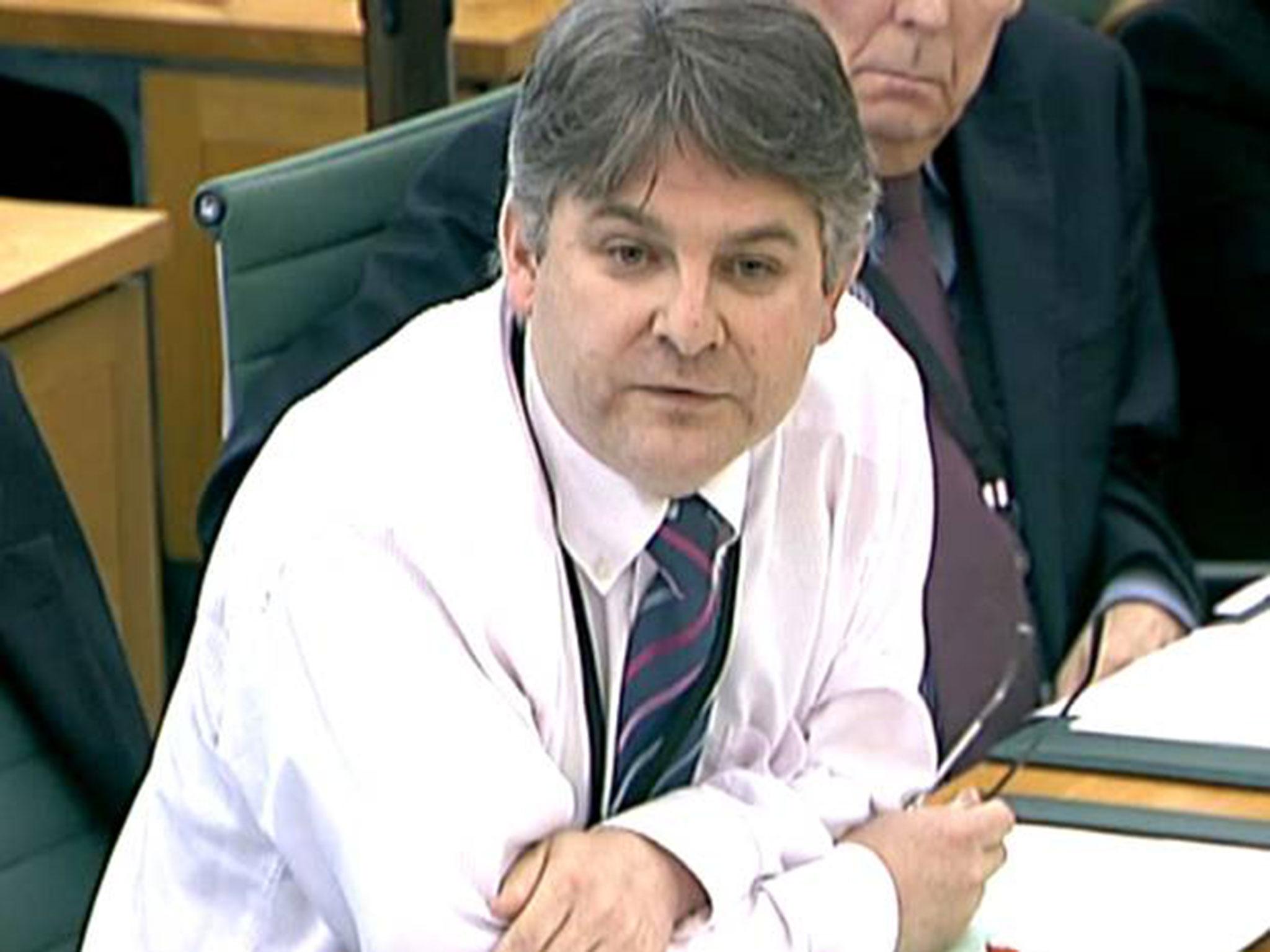A Tory MP thinks we need International Men's Day because he's been 'neutered' – in an job which is 77 per cent male
The fact that Tory MP Philip Davies felt the need to bring his testicles into the equation is evidence that his issue isn't about promoting equality after all. Is that 22.7 per cent of women occupying space in the House of Commons Chamber so deafening that men genuinely feel their own voices are being suppressed?


Your support helps us to tell the story
From reproductive rights to climate change to Big Tech, The Independent is on the ground when the story is developing. Whether it's investigating the financials of Elon Musk's pro-Trump PAC or producing our latest documentary, 'The A Word', which shines a light on the American women fighting for reproductive rights, we know how important it is to parse out the facts from the messaging.
At such a critical moment in US history, we need reporters on the ground. Your donation allows us to keep sending journalists to speak to both sides of the story.
The Independent is trusted by Americans across the entire political spectrum. And unlike many other quality news outlets, we choose not to lock Americans out of our reporting and analysis with paywalls. We believe quality journalism should be available to everyone, paid for by those who can afford it.
Your support makes all the difference.Here we go again.
With International Men's Day on the horizon, yet another male politician has taken the opportunity to completely miss the point, claiming political correctness has “neutered” men to such an extent that they have “lost their voice”.
The fact that Tory MP Philip Davies felt the need to bring his testicles into the equation after making the more valid point that the international day is a chance to highlight issues that “don’t get discussed” enough is evidence that the “issues” he has in mind have nothing to do with men and women having an equal voice.
Far from it, what Davies and many “Men's Rights” activists seems to be fighting for is a return to a time when men had the freedom to say – and perhaps do – whatever they wished at the expense of the opposite sex. And minimising the refusal to use or tolerate sexist language and behaviour as mere “political correctness” only proves that Davies and his like-minded peers have missed the point.
President-elect Donald Trump was quick to resort to the same trivialisation when faced with criticisms over sexist remarks made about Fox News journalist Megyn Kelly, tweeting out, “So many ‘politically correct’ fools in our country. We have to all get back to work and stop wasting time and energy on this nonsense”.
Now Philip Davies claims his voice is being drowned out, but how can that possibly be when his is one of a chorus of the more than three quarters of men currently dominating parliament?
Is that 22.7 per cent of women occupying space in the House of Commons Chamber so deafening that their male counterparts genuinely feel their own voices are being suppressed? Or is it the fact that they now have to contend with the reality that women are now present as their equals that is so problematic for Davies and his ilk?
His claim that men have been effectively “neutered” by political correctness insinuates that men have lost their ability to be “manly” or “masculine” or live up to antiquated stereotypes that initiatives like International Men’s Day should be working to dissolve. It is those very stereotypes that seem to have caused an identity crisis among men, who are simultaneously told to “man up” and be empathic beings who respect the feelings and value of others.
While I would argue that there is already an entire field dedicated to celebrating “the positive role men and boys play in British society” (here, we call it British and European history and, y'know, the present), I do agree with Philip Davies that there is good reason for a day geared towards highlighting the issues that men and boys face, specifically.
There is no doubt that men and boys do face a range of societal pressures and challenges separate from those that women and girls contend with on a daily basis. And there are serious consequences to trivialising them: the alarming rise in suicide rates among men in the UK, for one. Suicide is presently the biggest killer of men under 45 in Britain, with male victims representing nearly 75 per cent of the 6,000 lives lost to suicide each year. Male suicide and depression are issues that have yet to be dealt with head on in British society –and that needs to change.
But undermining the very real fight for gender equality, which the Forum’s latest Global Gender Gap report claims is at least 170 years away, is not the answer. And if treating your peers as equals, regardless of their sex, feels particularly stifling, then perhaps it is your ideology – and not the push for “political correctness” – that needs to be reformed.
Join our commenting forum
Join thought-provoking conversations, follow other Independent readers and see their replies
Comments